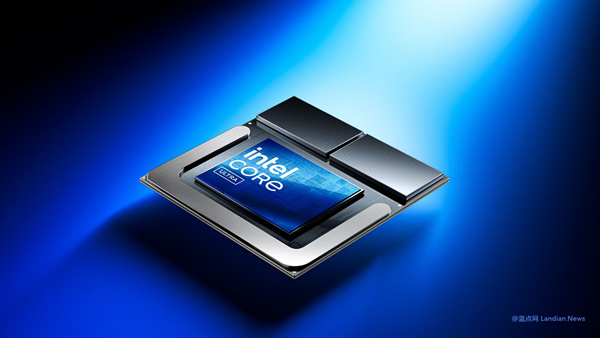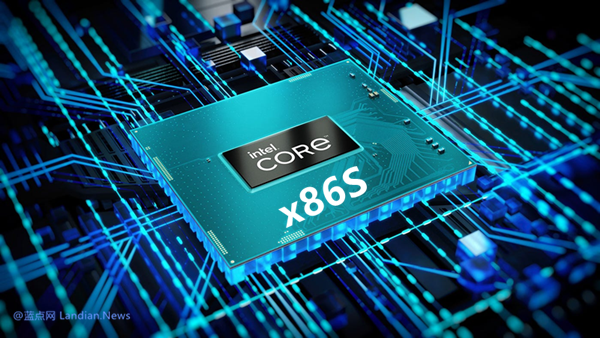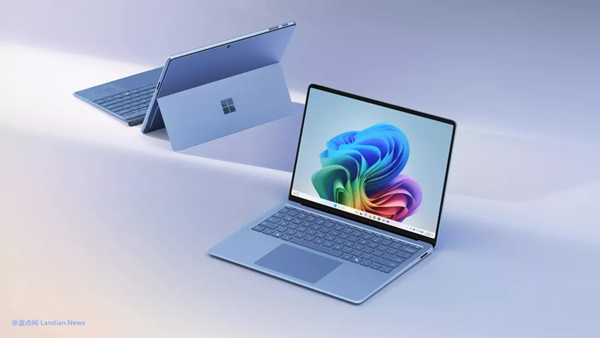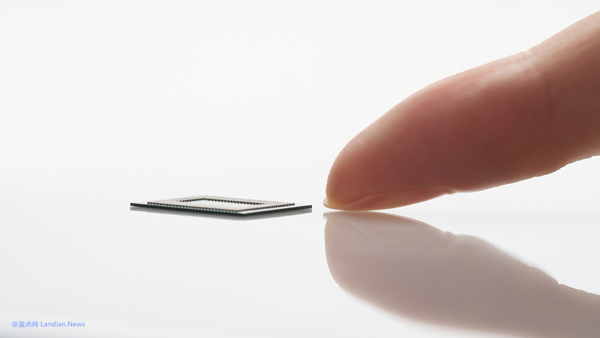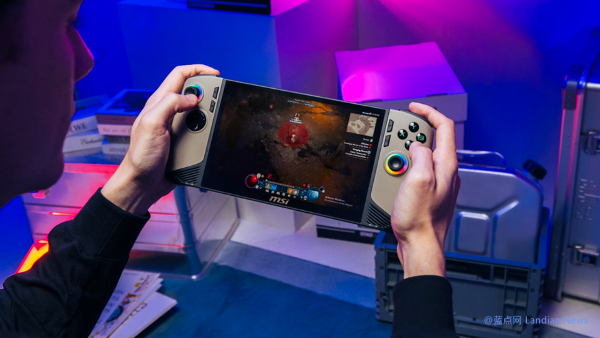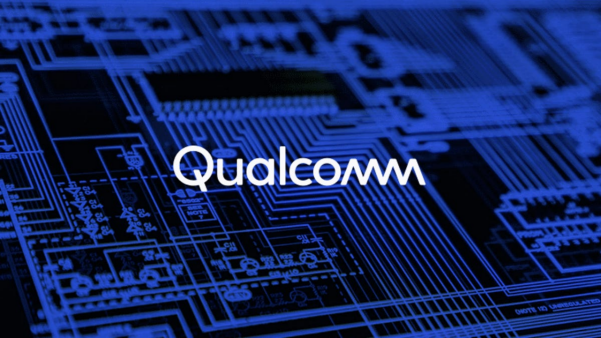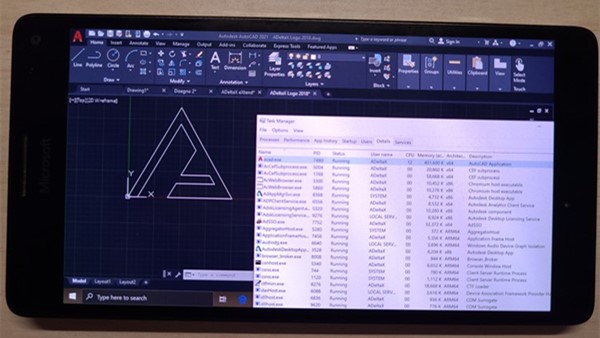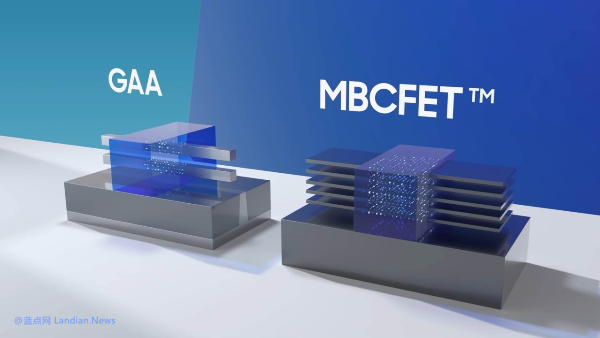Qualcomm Considering Acquisition of Portions of Intel's Design Business, Including Client PC Operations
According to a report by Thomson Reuters, Intel, currently facing challenges, might soon receive new financial backing as chip design giant Qualcomm is reportedly contemplating the acquisition of parts of Intel's business and equity, with a keen interest in chip design operations.
The design operations in question are not explicitly confirmed to be chip design related, but sources close to the matter suggest Qualcomm is particularly interested in Intel's client PC design business (note: the client PC business includes CPUs for desktops and laptops). Qualcomm is also reportedly considering Intel's entire design division.
The potential interest from Qualcomm in the client PC design sector is because the company sees little value in acquiring other segments of Intel's business, such as Intel's server operations, which would not significantly benefit Qualcomm.
Interestingly, Qualcomm's aspiration to acquire parts of Intel's design business or equity is not a recent development. Following Intel's financial report and announcement of major layoffs, Intel CEO Pat Gelsinger announced a plan to reduce expenses by $10 billion.
Qualcomm had contemplated the acquisition even before these developments were made public. However, according to Intel, such considerations might be wishful thinking on Qualcomm's part.
An official spokesperson for Intel stated that Qualcomm has not yet approached Intel regarding the acquisition, emphasizing Intel's commitment to the PC business. Qualcomm has declined to comment on the rumors.
Notably, this week Intel launched the Intel Core Ultra 200V series processors for artificial intelligence, directly competing with Qualcomm's Snapdragon processors. These processors are manufactured by TSMC, a departure from Intel's tradition of producing its chips in-house.
Intel's board of directors will convene next week to discuss CEO Pat Gelsinger's and other executives' proposals to cut business operations and save cash. Intel is even considering selling its FPGA chip division, Altera, to a competitor.


